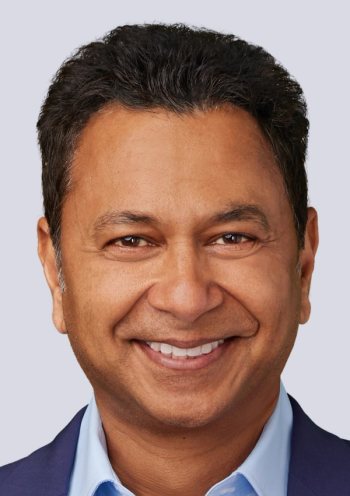
Public programs lend IT experience to upcoming state exchanges
States are relying on Medicaid systems for online health insurance exchange support
STATES ARE implementing one of the key provisions of the Patient Protection and Affordable Care Act (PPACA): online health insurance exchanges for individuals and small businesses. The states must decide whether to build from an existing state-owned system or buy a new solution.
Eligibility/enrollment is one of the biggest technological challenge related to the exchange, says Elizabeth Lukanen, Deputy Director of State Health Access Reform Evaluation at the University of Minnesota School of Public Health. This is because most state agencies have limited experience with private market enrollment.
States are taking a variety of approaches to handle enrollment. Wisconsin, for example, has a prototype exchange, built from its Medicaid enrollment system, with added functionality so that it can accommodate enrollees outside of public programs.
"Wisconsin is a leader in terms of streamlining public program eligibility and enrollment and building a Web-based interface over their legacy information and data systems," says Lukanen. "Wisconsin's new exchange prototype is a useful example to review, because it was developed after PPACA passed."
Other states have started from scratch, in some cases because their legacy systems are already overburdened.
Utah decided against using its Medicaid program as its exchange technology platform. Its insurance exchange is run by private vendors. Well ahead of PPACA, the exchange opened in 2009 for the plan year effective Jan. 1, 2010, with a limited launch to test the technology. Small businesses were able to join for the 2011 plan year. This year, Utah is focusing on ensuring its system is scalable to handle the anticipated volume: hundreds of thousands of groups.
"As an early adopter, Utah needed to find a technology solution that would handle all functions of the application processing and carrier underwriting workflow, employee eligibility and enrollment, through invoicing the employer," says Patty Conner, Director of the Utah Health Exchange.
Sue Watson, Utah Health Exchange Project Manager, says her office approached vendors that had already developed pieces of the solution as their core competency.
"Our approach links established technology vendors together to develop Utah's portal," Watson says.
There are several big commercial players in this arena, including Microsoft, for which health insurance exchanges are a component of a much larger healthcare strategy. In February, the company unveiled a turnkey health insurance exchange system.
"'Turnkey' does not mean the exchange solution is in a box, on the shelf. But it's close enough that we can go into a state and tweak or customize the solution to ensure that what we deliver to a state is what that state needs," says Brian Russon, National Practice Leader for Health Insurance Exchanges, Microsoft.
Newsletter
Get the latest industry news, event updates, and more from Managed healthcare Executive.























